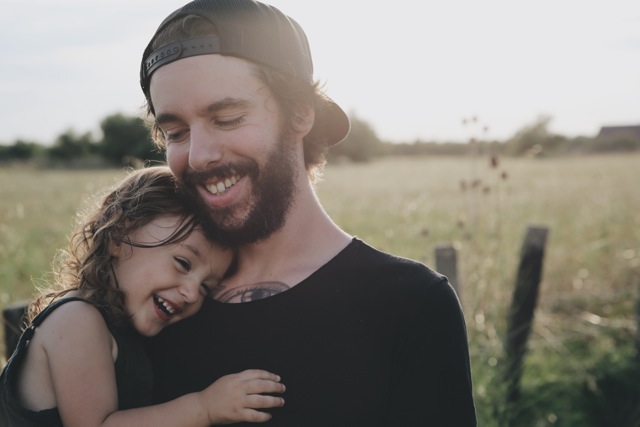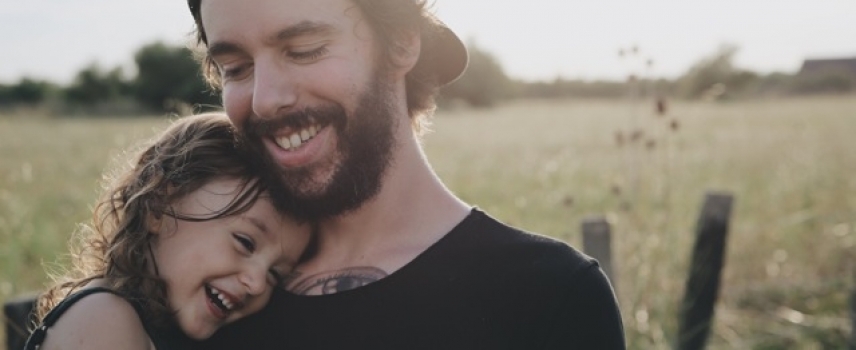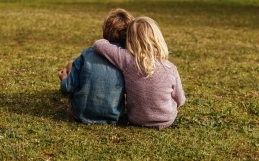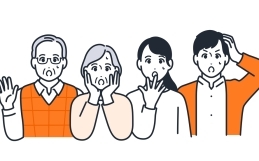
“The more we shelter children from every disappointment, the more devastating future disappointments will be.”
–Fred G. Gosman
As a parent, my client Fred always believed he was doing the right thing for his children; until one day he came to the realization that the way he was behaving as a parent wasn’t benefitting him or his family as much as he thought it was. There are few things more difficult than coming to terms with the fact that you’ve made some mistakes as a parent, so I felt for him when he shared this with me. As a young boy, Fred’s family went through a traumatic event. He saw his loved ones suffer for many years, so when he had a family of his own, he decided that he would always take care of everyone in his family so they would never have to go through what he did. What Fred didn’t understand, however, is that you can’t take away other people’s suffering. In fact, trying to do so may actually harm you and make things worse for the people you’re attempting to shelter from the facts of life.
When Fred first came to see me, he couldn’t understand why his youngest daughter was suffering from severe anxiety and throwing tantrums when she didn’t get her way. He told me, “It’s like Isabella can’t deal with anything. She freaks out and has a panic attack over every little thing. My family went through so much early in life and coped with it better than she copes with having to take a test at school.” He couldn’t understand why, after all his hard work and the comfortable lifestyle he’d created for his family, his daughter was still suffering.
It’s a simple fact of life that everyone is guaranteed to experience unfortunate circumstances, some more severe than others. Most of the time, these circumstances make us anxious. There are countless things that we must do on a daily basis that we don’t necessarily like, and unfair things will happen to all of us, regardless of who we are. By attempting to shelter the people we love from the natural process of life, we rob them of the ability to develop the strength and resilience they need to overcome challenging circumstances. They become incapable of tolerating or managing the inconveniences of life; they demand instant gratification; and, over time, they usually develop impulse control issues. Then, when we see our loved ones suffering, we don’t understand why and invest all our energy into helping them. We try harder to shelter them, instead of allowing them to be anxious and find their own way to deal with life’s inevitable struggles. As writer Roald Dahl says, “The more risks you allow children to take, the better they learn to take care of themselves.”
Fred was acting with the best of intentions. He thought he was being a good parent, and the last thing he meant to do was contribute to his daughter’s inability to cope with difficult circumstances. While he wasn’t to blame for how his daughter turned out, it would benefit both of them to see the part each of them played in the development of her severe anxiety and tantrums. Although Fred couldn’t change the past, he could learn how his need to shelter and fix everything was getting in the way of his daughter’s ability to manage her own life. It’s natural for parents to want to protect their children from harm; it feels unnatural to watch them struggle. However, if we learn how to distinguish real danger from an opportunity for our children to explore and take risks on their own, we will be more capable of taking a step back when necessary.
Why Let My Child Suffer?
“She was the archetypal selfless mother; living only for her children, sheltering them from the consequences of their actions-and in the end doing them irreparable harm.”
-Marcia Muller
When we’re caught up in the moment, it’s so much easier to do what we need to do to calm our children down. However, the consequences of over-protecting our children in this way can lead to worse consequences. Research shows that children who have been overly protected lack a sense of agency over their lives, are less capable of managing emotions, and are more prone to develop unfulfilling relationships. Instead of trying to rescue our children from potential harm, we will better serve them by resisting the urge to step in and take over. Modeling mature emotional regulation in difficult situations might be difficult in the short-term, but the long-term benefits are more than worth it.
The more Fred tried to ease his daughter’s discomfort the more her anxiety and tantrums intensified. Setting children up to be content in life doesn’t happen by sheltering them from suffering; rather, it comes from teaching them how to self-soothe during difficult times. Fred began to show his daughter how to manage challenging emotions like anger, frustration, and, disappointment instead of trying to shield her from them. He used the skills he learned from surviving his traumatic childhood to help manage himself when he saw his daughter upset. Instead of running to her rescue, he sat with his discomfort and allowed her to get through her own. When parents effectively manage their emotions in front their children, they help the children develop emotional maturity.
People who can’t regulate their feelings often look outside themselves for sources of soothing. They self-medicate with food, drugs, and alcohol; hold on to bad relationships; and become codependent. When they become too anxious, too sad, or too easily triggered, they end up reaching for counterproductive ways to reduce their anxiety in the moment.
So what’s the takeaway here? Allow your children to work through difficult feelings; don’t try to stop them from falling. The times we tend to get stumped with our children are usually our best opportunities for maturity and growth—not only theirs, but ours also! Children won’t fall apart due to difficult emotions if you model for them what it’s like to work through them. As parenting expert, Robin Berman, M.D puts it, “A big part of mental health is feeling at home with your emotions, knowing that you will not have to avoid feelings, or numb them, but knowing that you have the emotional flexibility and emotional resilience to feel safe with yourself.”
Talk soon,
Dr. Ilene
Article edited by Dr. Denise Fournier





